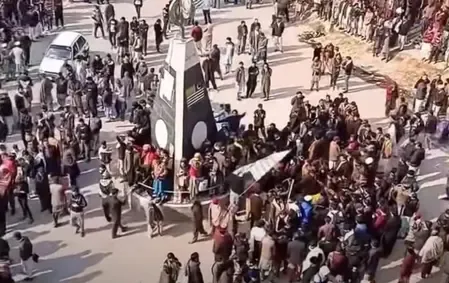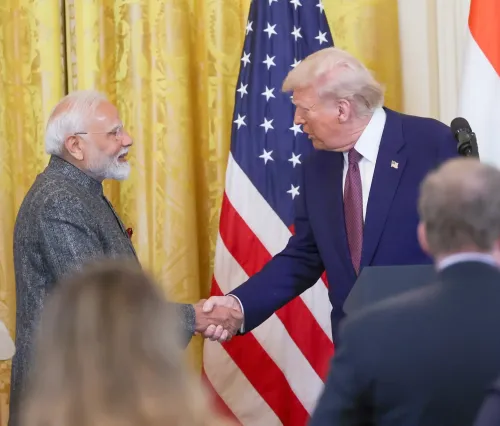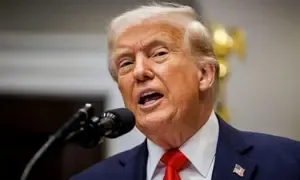Is the Pakistani Government Responsible for Violence in PoK?

Synopsis
Key Takeaways
- Urgent appeal made by JKACC for international attention.
- State repression has led to civilian casualties.
- Complete communication blackout in PoK.
- Key demands include accountability and local governance.
- Media narratives may obscure the realities on the ground.
Islamabad, Oct 2 (NationPress) Sardar Umar Nazir Kashmiri, a core committee member of the Jammu Kashmir Joint Awami Action Committee (JKACC), has made an urgent appeal to the global media and international human rights organizations, urging them to focus on the escalating crisis in Pakistan-occupied Kashmir.
Starting September 29, a peaceful movement led by PoK locals and JKACC members has faced brutal state repression, including human rights violations, curbs on civil liberties, and the tragic deaths of innocent civilians.
Nazir has reported that at least nine unarmed civilians have been killed, with hundreds more injured during these incidents.
Since September 28, the Pakistani government has imposed a complete communication blackout across PoK, halting mobile networks, internet, and landline services, thereby isolating millions from the outside world.
“Inter-provincial highways have been obstructed, causing deliberate shortages of essentials like food and fuel, while legal actions are being taken against JKACC leaders, activists, and journalists,” the JKACC statement revealed.
“These actions,” Nazir asserted, “are not just significant violations of human rights but also a blatant infringement of the United Nations Charter, the Universal Declaration of Human Rights (1948), and the International Covenant on Civil and Political Rights (ICCPR), which guarantee every individual their right to life, liberty, peaceful assembly, and freedom of expression.”
Emphasizing the peaceful and constitutional nature of their struggle, Nazir reiterated that the JKACC movement is grounded in the 38-point Charter of Demands that was submitted months ago, which remains neglected despite the government’s promise to address 12 key points by December 2024.
Among the key demands of JKACC are: Independent accountability, removal of unnecessary perks for the elite, full power transfer to local governments, restoration of student unions, fixed quotas for persons with disabilities, abolition of reserved seats for refugees in Pakistan, and provision of free and quality healthcare and education to all citizens, among others.
“These demands are not acts of defiance,” Nazir stressed, “but reformative proposals aimed at achieving justice, dignity, and prosperity.”
The statement further noted, “Efforts by certain elements within the Pakistani establishment and non-state actors to suppress a peaceful movement through violence violate not only the principle of self-determination but also fundamental UN principles and the Geneva Conventions.”
Nazir also condemned sections of the Pakistani media for disseminating false and misleading narratives that obscure the realities from Pakistan’s 250 million citizens and the global community.









